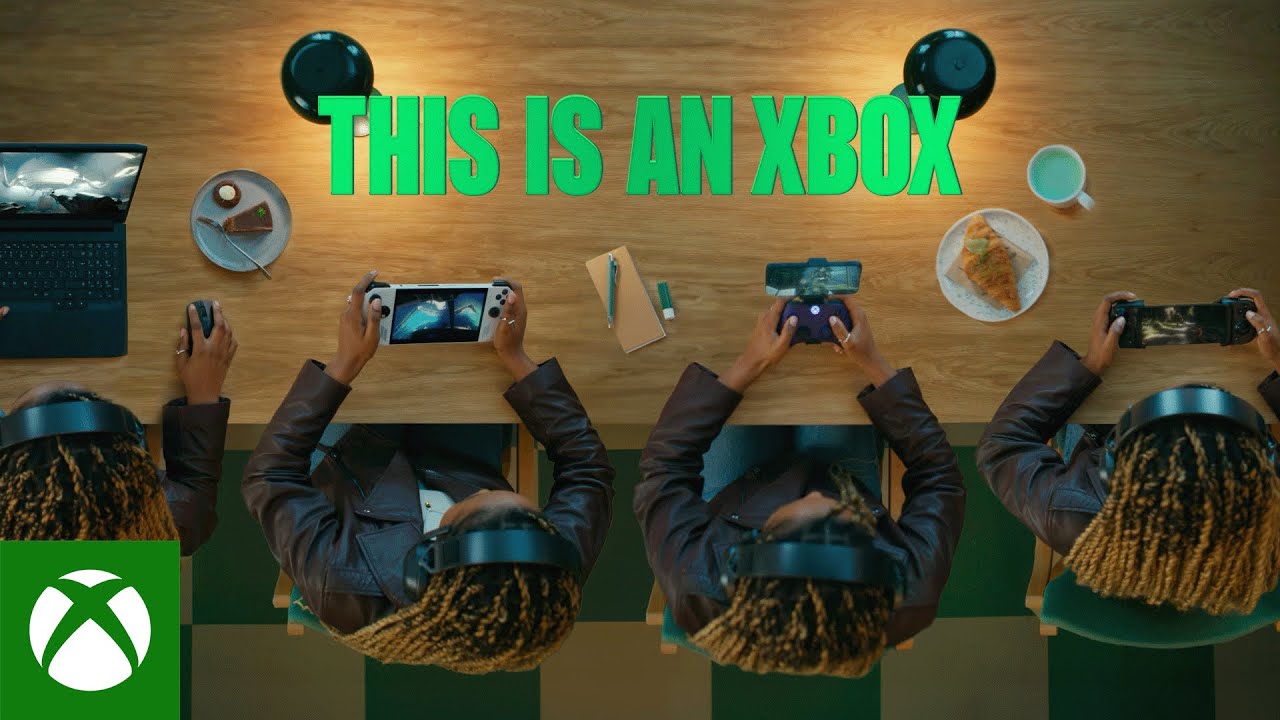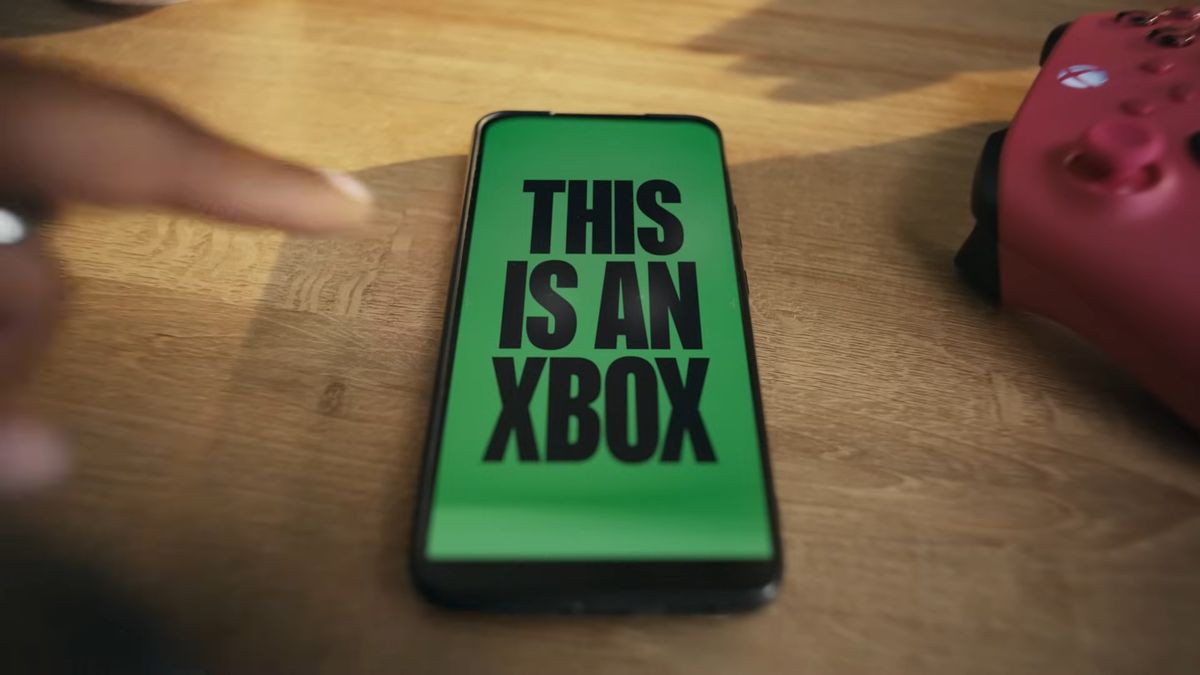Microsoft‘s latest Xbox marketing push reinforces the sales pitch that Xbox is a broad platform and ecosystem, not a console destination. In it, the company argues that basically every device you own is an Xbox. This is another marketing beat for the pile, but it’s also a high-profile, carefully worded crystallization of what Xbox has been pursuing for years.
“Whether you have an Xbox console, PC, Samsung Smart TV, handheld, mobile phone, Amazon FireTV Stick, or even a Meta Quest, you have an Xbox,” reads the description of a new YouTube video titled “This Is an Xbox.” This line boils it down: “In fact, you’re probably reading this right now from an Xbox.”
A short, jokey quiz attached to the campaign doubles down, highlighting the access and advantage of each of these platforms. “The ASUS ROG Ally X and other gaming handhelds offer a portable way to stream games with Game Pass Ultimate,” for instance. Likewise, “the Xbox app on Windows PC can magically transform personal computers into Xboxes.” Even “your favorite mobile devices can become convenient, pocket-sized Xboxes.” And on and on.

Watch On
This isn’t a dramatic shift in messaging for Xbox, but it does feel like an especially loud rejection of the traditional console model. Earlier this year, with the reveal of that Fire TV Game Pass partnership, Xbox proudly claimed “no console needed.” Very literally redefining what qualifies as an Xbox feels like the next logical step in that process, even if some longtime fans of the platform may be disappointed to see the console presence diluted as an inevitable consequence. There are, notably, 724 dislikes on this marketing video to some 2,200 likes at the time of writing.
Last year, Xbox boss Phil Spencer said flat-out that Microsoft isn’t trying to “out-console” Sony, whose PS5 has consistently trounced Xbox Series X|S for new-gen console sales, or Nintendo, which has found extraordinary success partly by not fighting in that same arena of cutting-edge hardware (and also, crucially, by releasing more good first-party games than anyone else).
Meanwhile, Spencer just recently said that there are “no red lines” on what Xbox games could come to PlayStation, leaving the door open for virtually anything to ditch exclusivity and go multiplatform, mirroring the trajectory of Xbox as a whole.
At the same time, Spencer has repeatedly stressed that Xbox isn’t abandoning hardware. He says the in-progress next-gen Xbox will “respect the investments that people have made” in the platform over the years. All of this sets up a delicate balancing act between reassuring old guard fans and bringing in folks who suddenly have an Xbox in their pocket.
Microsoft does want to reach players on all platforms, and it wants to convince you that the screen in front of you right now can double as an Xbox, but it still demonstrably wants a console to point to as a tentpole device. Heck, it’s even spinning up an Xbox handheld.
This marketing beat serves as a useful refresher more than anything. Microsoft isn’t dropping hardware, but it isn’t prioritizing its own to the exclusion of others either. Xbox is still dealing in consoles, but increasingly in the same way that Valve deals in PC handhelds with Steam Deck: not creating a platform, but rather entering its own device in the race.
In the same vein, Xbox is ready to sell its games on other platforms – including PlayStation, its primary competitor in the console space – largely because it sees more value in selling additional copies of those games, made by all the companies it spent billions acquiring, than it does in luring players to Xbox consoles by using exclusivity as bait. (Of course, Xbox games are also on PC.)
Put simply, Xbox software has long outgrown Xbox hardware, and this marketing push reflects that. Even Game Pass, the closest thing to a silver bullet that Microsoft has, has seen flattening growth. With no quick fix for its console install base in sight, Microsoft is increasingly looking past consoles to expand its audience and, slowly but surely, change its identity, which regularly leads to more options for players. As its exclusives dwindle and it claims that Xbox is everywhere, the challenge for Microsoft will be clearly defining and communicating that new identity, and simultaneously convincing those players that Xbox has things they can’t get anywhere else.
After cutting 2,500 jobs in under one year, Phil Spencer says he feels good about the industry and that “the Xbox business has never been more healthy.”
Source link












Leave a Reply